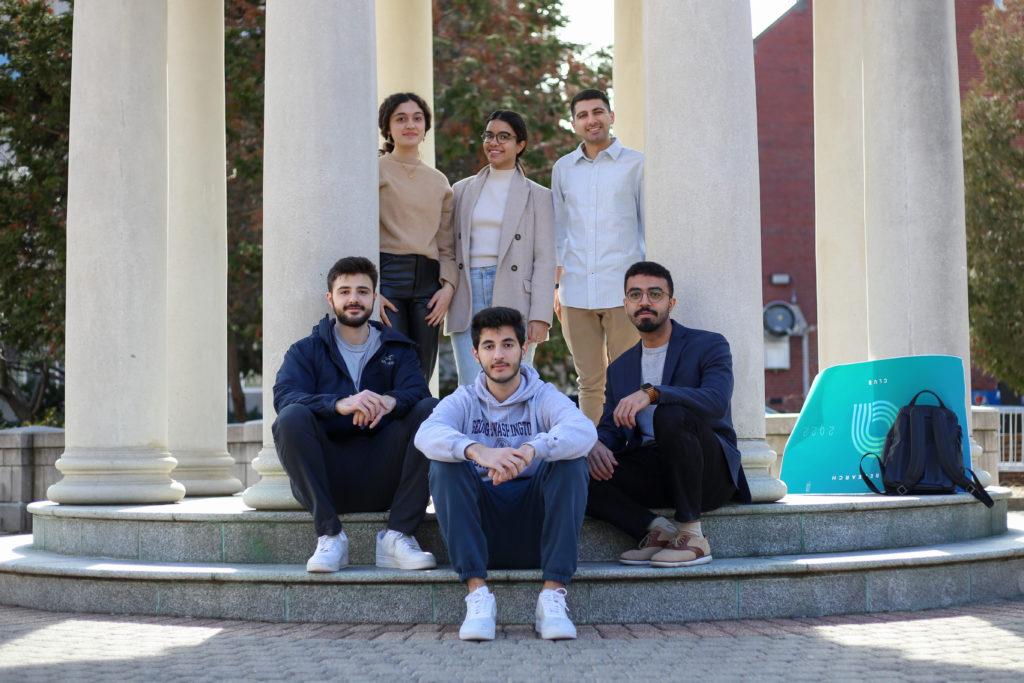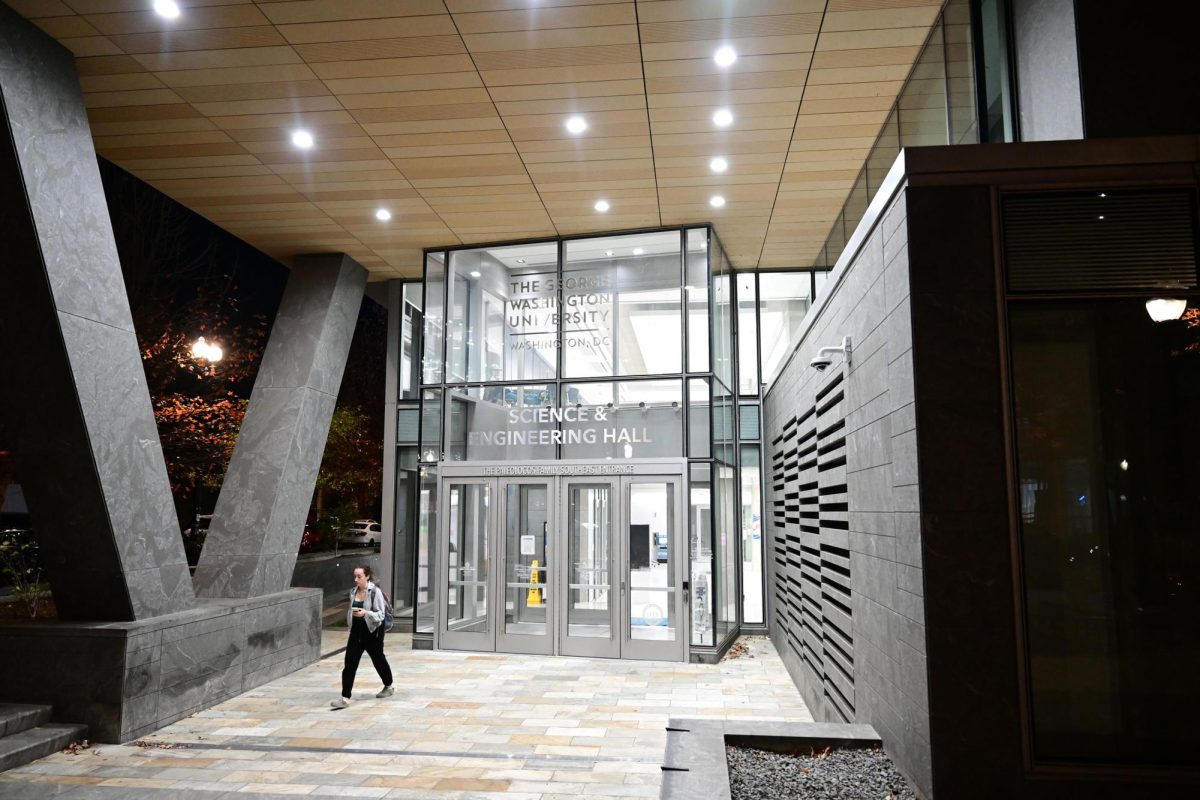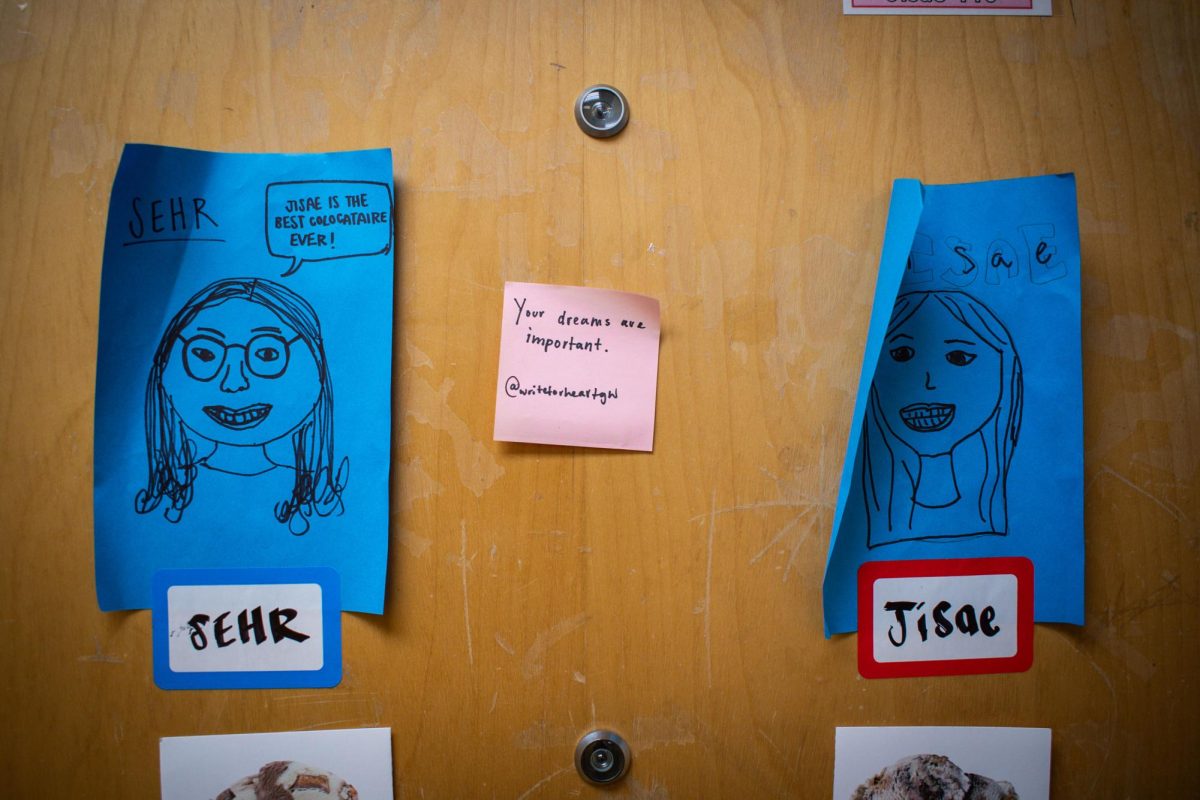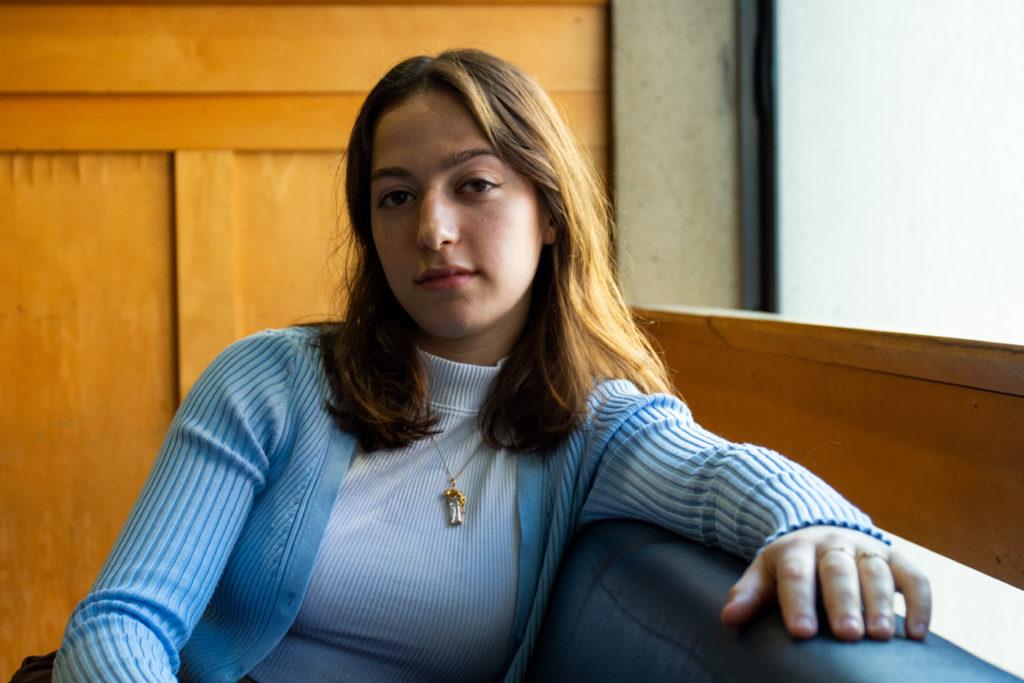A student organization will work to increase awareness of autism and advocate for further research about the disorder this spring.
Autism Research Club student leaders said they plan to start hosting speaker events with professors specializing in autism research and organizing fundraisers for organizations like Autism Self Advocacy Network during their first full semester as a registered student organization this spring. They said 15 students have signed up as members since Student Involvement and Leadership approved the student organization in November, and they hope the events will help destigmatize autism on campus.
Mohammed Almarkhan, a senior and the president and co-founder of ARC, said he was inspired to pursue neuroscience and further autism research because his sister has autism. He said he conducts research with Gregory Wallace, an associate professor of speech, language and hearing sciences, to investigate the risk of dementia in adults with autism.
“Autism research will not only benefit people with autism but also help assure their family and their loved ones,” he said.
Almarkhan said the process of creating the student organization was “daunting” because he was unsure whether the group would grow and become successful. He said he sought advice on how to structure the club from professors in the speech, language and hearing department, like Gregory Wallace, Francys Subiaul and Ashley Darcy-Mahoney, the director of infant research at the Autism & Neurodevelopmental Disorders Institute.
“They were very excited,” Almarkhan said. “They gave me recommendations, and they told me they were there to help.”
Almarkhan said he plans to invite the three professors to general body meetings where they can share their knowledge and discuss the common misconceptions about autism, like people falsely attributing autism to vaccinations.
“Autism is often presented as a disease or something to get rid of, but the autistic community usually discusses it as an identity and part of them,” he said. “They don’t want to ‘treat’ it but rather invest in accommodations and understanding their perspective.”
ARC Vice President Waleed Qaddumi, a senior majoring in neuroscience who co-founded the student organization, said he hopes conversations among members and information from professionals can answer unresolved questions about the disorder, like how to identify and diagnose autism in early childhood and how to find effective treatments.
“At ARC, we hope to be able to support research groups that can bring us one step closer to closing the gaps in scientific knowledge and do our part to help others through real-world applications,” he said.
Qaddumi said he is taking the speech, language and hearing department’s Autism course with Wallace, and he is trying to recruit classmates to join ARC. He said members have put up flyers in Kogan Plaza and Gelman Library earlier this semester to try to spread the word about the student organization.
Qaddumi said ARC plans to host its first general body meeting later this month. He added that members are all “supportive” due to their respective personal connections to people with autism, and they are “motivated” to learn how to fundraise and contribute to the cause.
“At the Org Fair, there are a lot of people who say that they want to join this club because they have a family member or friend who has autism,” Qaddumi said. “They want to be able to help support these efforts. It’s very interesting and respectable.”
Farris Alqalam, a senior majoring in biomedical engineering and the secretary of ARC, said he has a family member who has autism who has made him more understanding of the experience of living with the condition. Alqalam said the student organization has been relying heavily on “word of mouth” to recruit new members and encourage participation.
“It’s a place where you can come and we have a good group of people,” he said. “So you can come and converse, share ideas, think about different situations that you could come up with.”
Alqalam said he is committed to combating the misconception that autism is a disease with a potential cure instead of a lifelong neurodevelopmental disorder. He said people tend to think of autism on the spectrum as either “severe” or “mild” but, it affects everyone differently and presents separate sets of behavioral challenges for each individual.
“Autism is a spectrum condition, meaning that each person is affected differently,” Alqalam said. “Each person may have a specific set of behavioral and developmental challenges that can impact that person’s communication or social or play skills differently.”
Dasha Ordynat, a senior majoring in neuroscience and a member of ARC, said she is eager to expand her knowledge of disorders like autism as she wraps up her pre-med track education as an undergraduate. She said she is looking forward to participating in research learning from the guest speakers that the student organization will host.
“Autism is no longer a rare disorder,” Ordynat said. “It affects a lot of people, and I think it’s really important to talk about it and understand it because there is this really bad stigma around it.”
Ordynat said she has observed stigmas surrounding autism in eastern Europe, where her family is from, which motivated her to get involved. She said she hopes her participation in the organization will help leave a “footprint on the community,” and normalize autism within society.
Ordynat said she is a part of a pre-med fraternity on campus that has not hosted any events focusing on autism, so ARC will take on an essential role on campus uniting a diverse group of people who have similar passions and interests.
“I think this org is the beginning of people at GW being able to talk about autism and be aware that it is around them,” Ordynat said.








